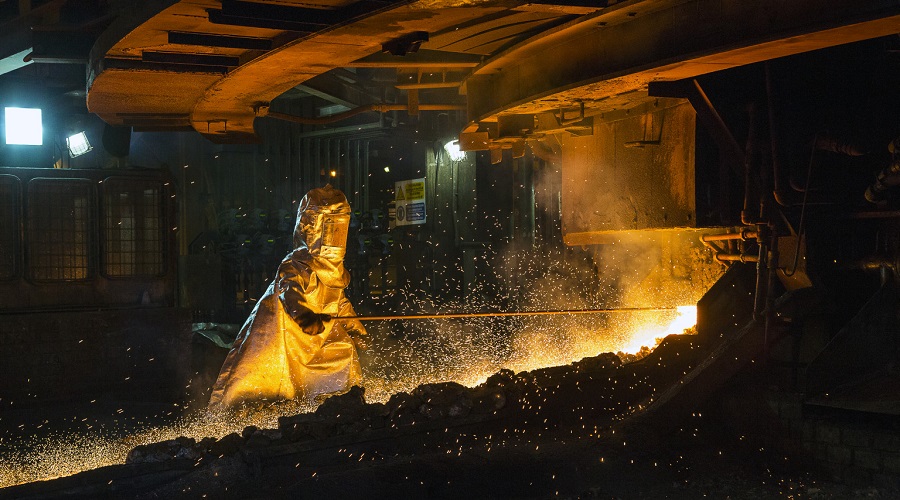Indonesia to issue nickel export tax rules in Q3

Indonesia plans to issue a nickel export tax policy in the third quarter of the year, as authorities seek to boost revenue from exports while encouraging more domestic production of higher-value products, a senior official said on Monday.
Indonesia, once a major nickel ore exporter, banned exports of unprocessed nickel in 2020 to attract investment into its smelting industry, but most development has gone into producing nickel pig iron (NPI) and ferronickel which have relatively low nickel content.
The tax will be imposed on NPI and ferronickel, Septian Hario Seto, a Deputy Coordinating Minister for Maritime and Investment Affairs, said in an interview.
He declined to disclose details of the planned tax rates, but said the government would determine this based on the nickel price and also the price of coal which is used in production as an energy source.
The government is keen to take advantage of Indonesia’s large deposits of nickel to eventually produce batteries for electric vehicles and also to assemble EVs at home.
Indonesia had secured investment deals from South Korean investors such as LG and Hyundai to produce batteries and EVs. President Joko Widodo is also keen to persuade Tesla to invest in the country and met with its founder Elon Musk during a recent visit to the United States.
Meanwhile, the government is still reviewing the need to limit the number of smelters that produce NPI or ferronickel to preserve ore deposits.
“The government is not ruling out the possibility of limiting the number (of smelters producing NPI or ferronickel), but there is no decision on that yet,” Seto said.
Indonesia aims to ensure its ore reserve have a life of around 25 years to 30 years, he said.
Smelters producing NPI and ferronickel in Indonesia currently had a combined installed capacity of around 1.3 million tonnes output of nickel content, Seto said.
(By Fransiska Nangoy and Bernadette Christina Munthe; Editing by Ed Davies)
{{ commodity.name }}
{{ post.title }}
{{ post.date }}




Comments